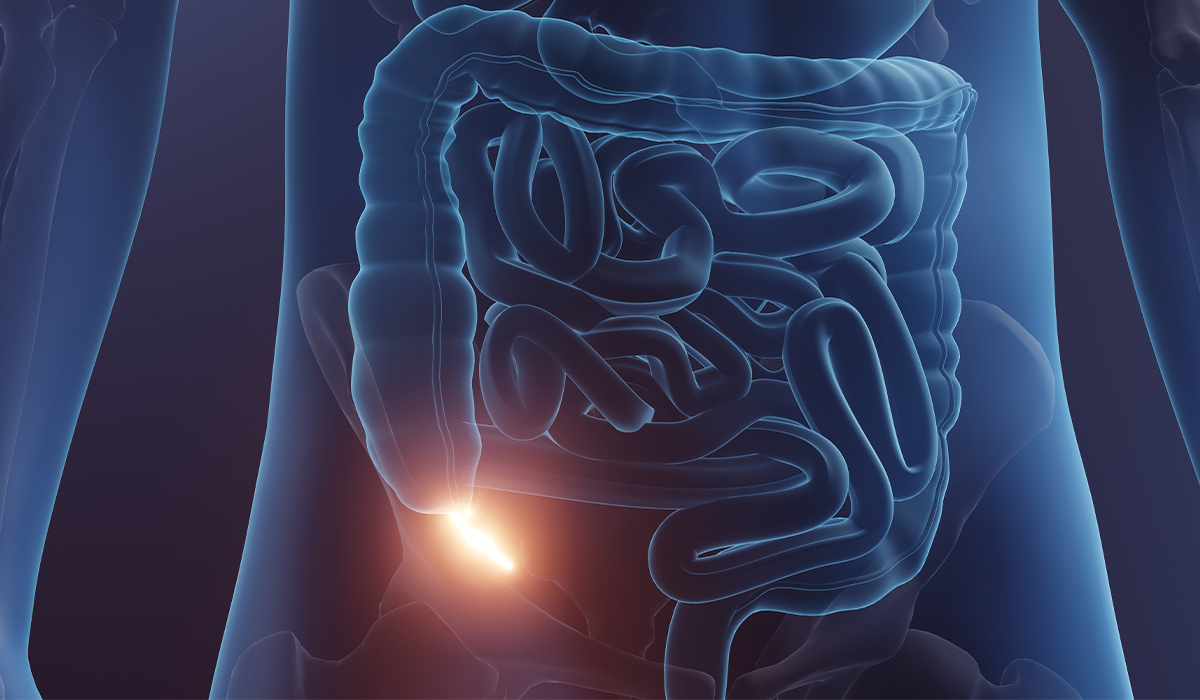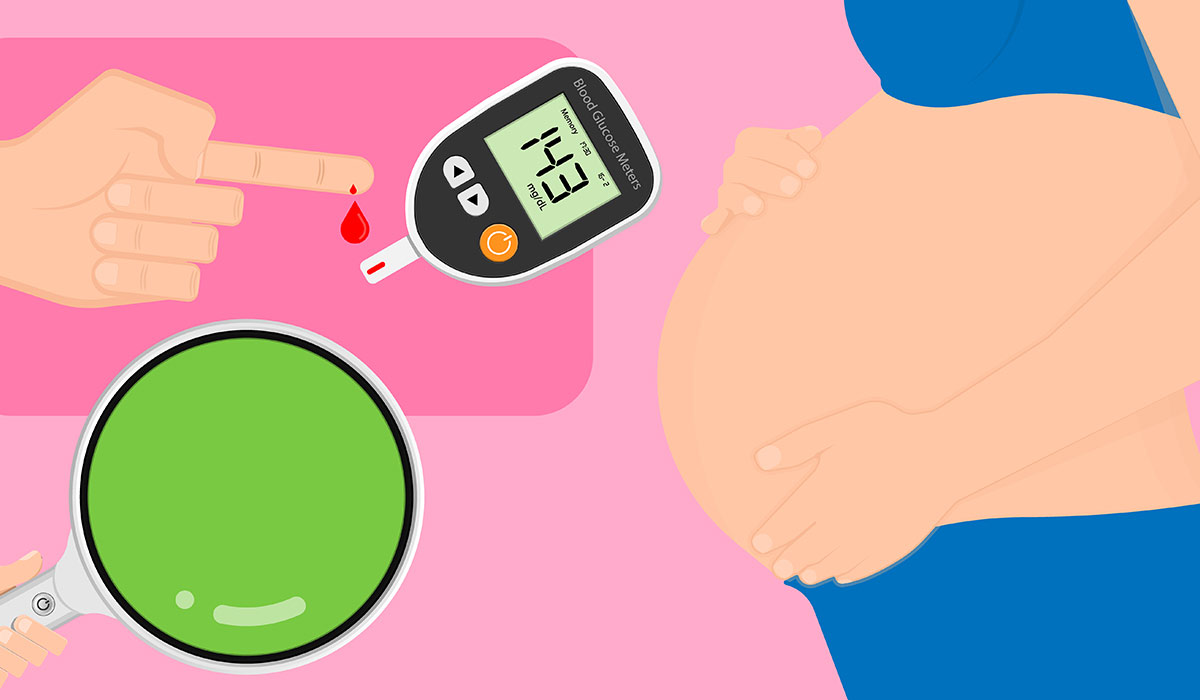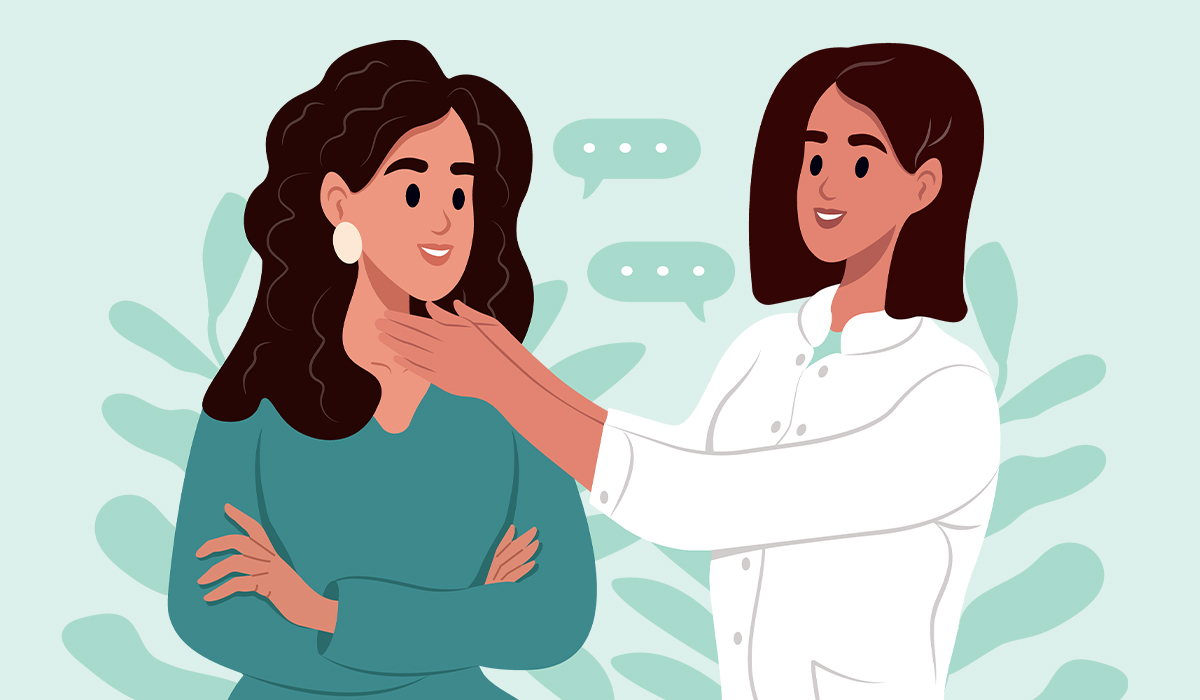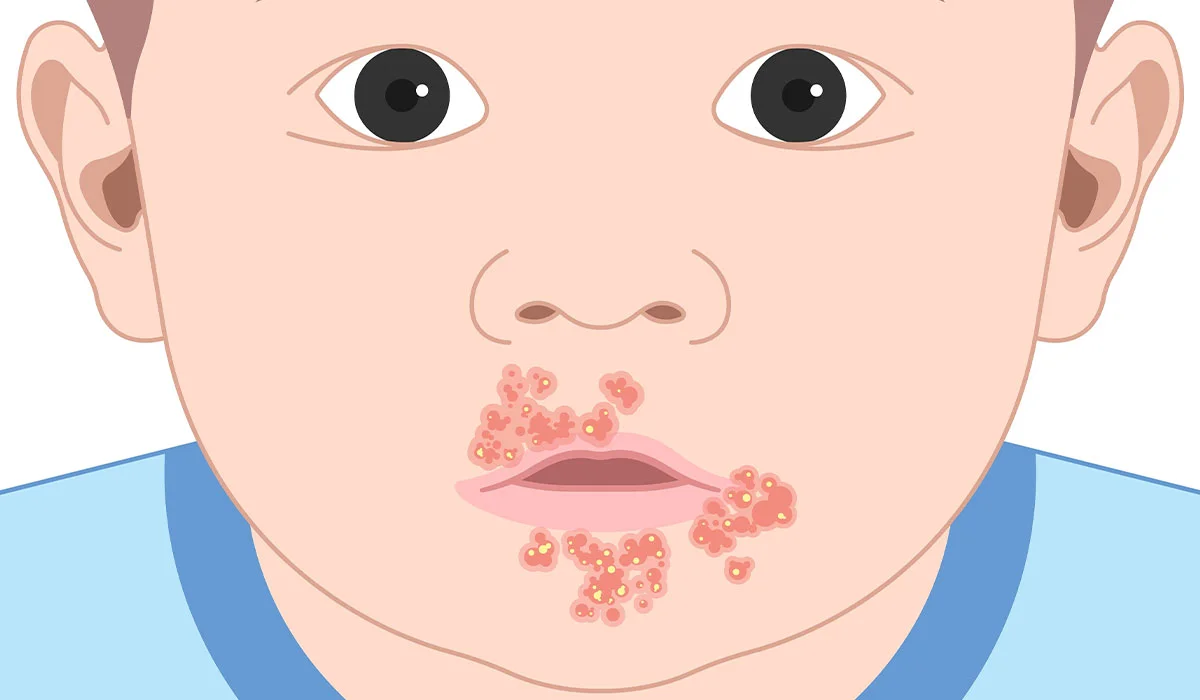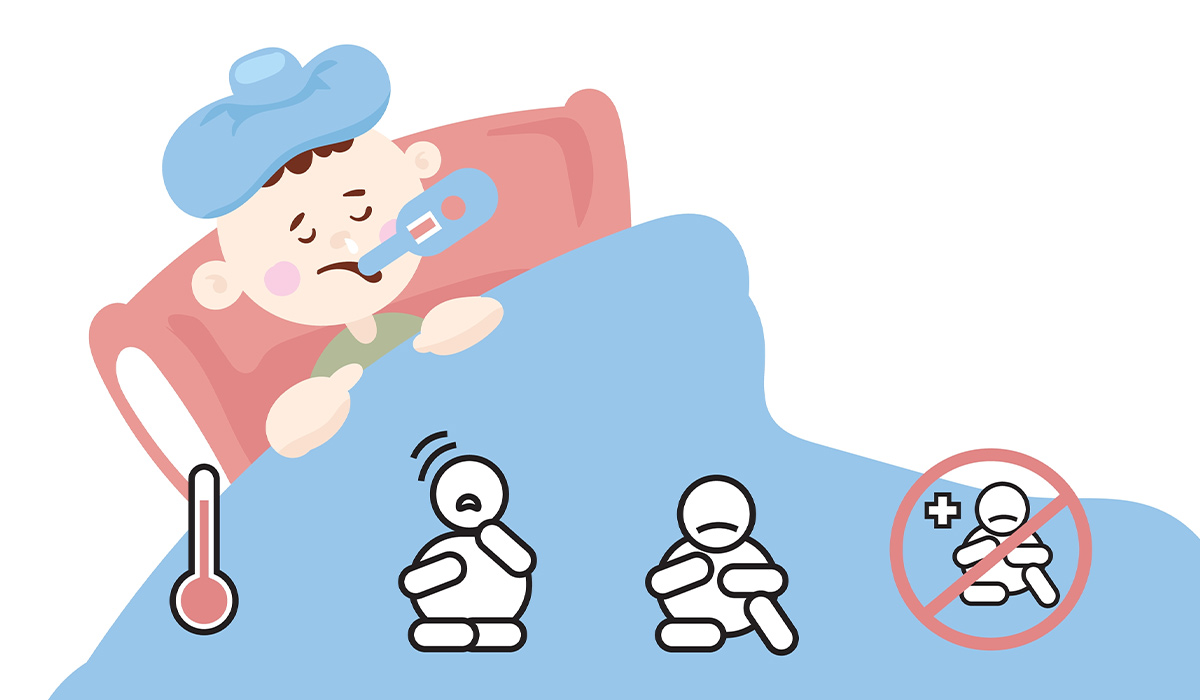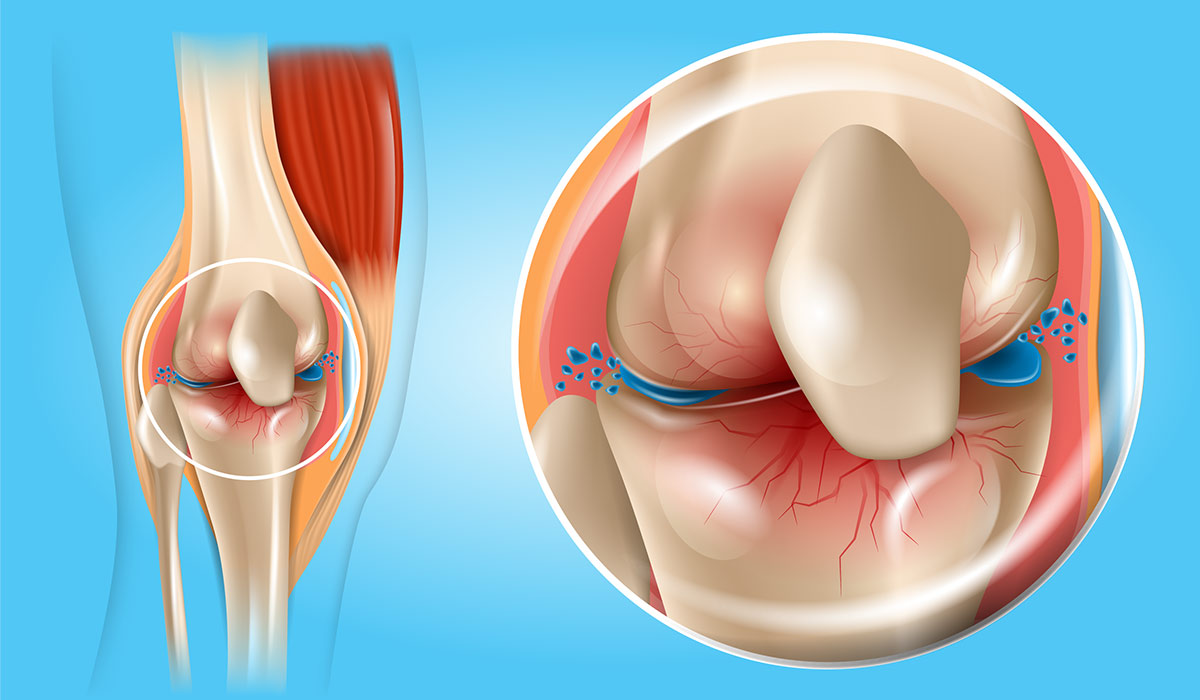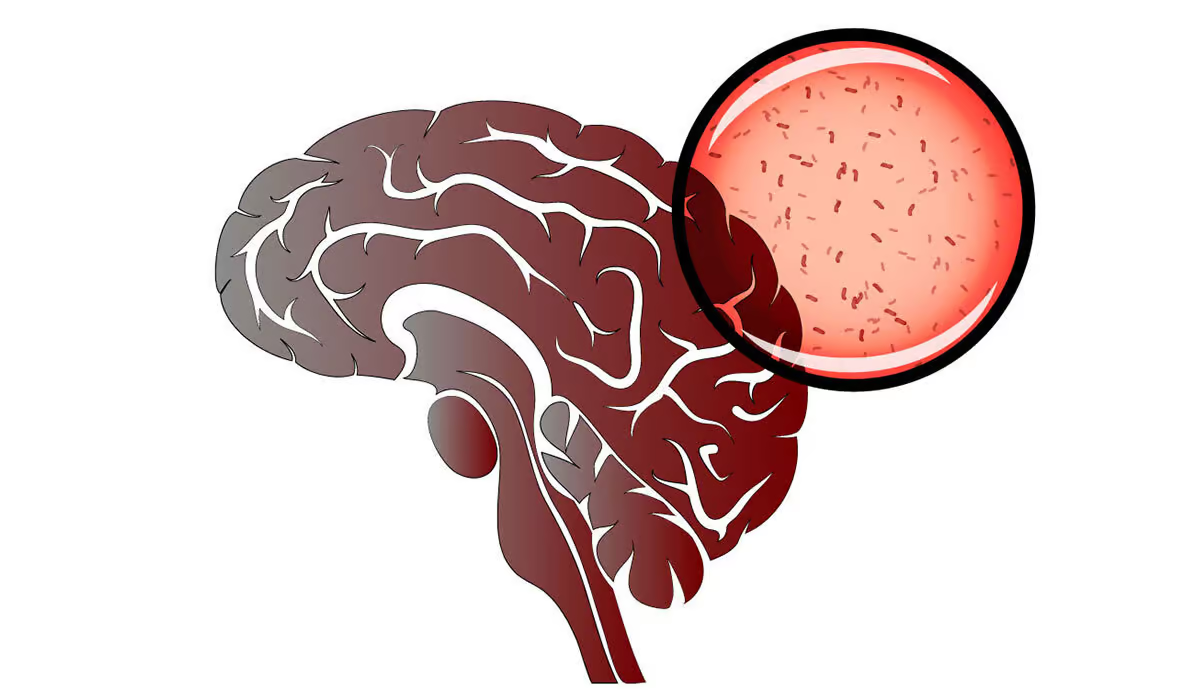It’s crucial to detect cancer early for effective treatment. Patients diagnosed in the early stages have a much better chance of recovery. Potential symptoms of cancer should prompt a quick visit to a specialist.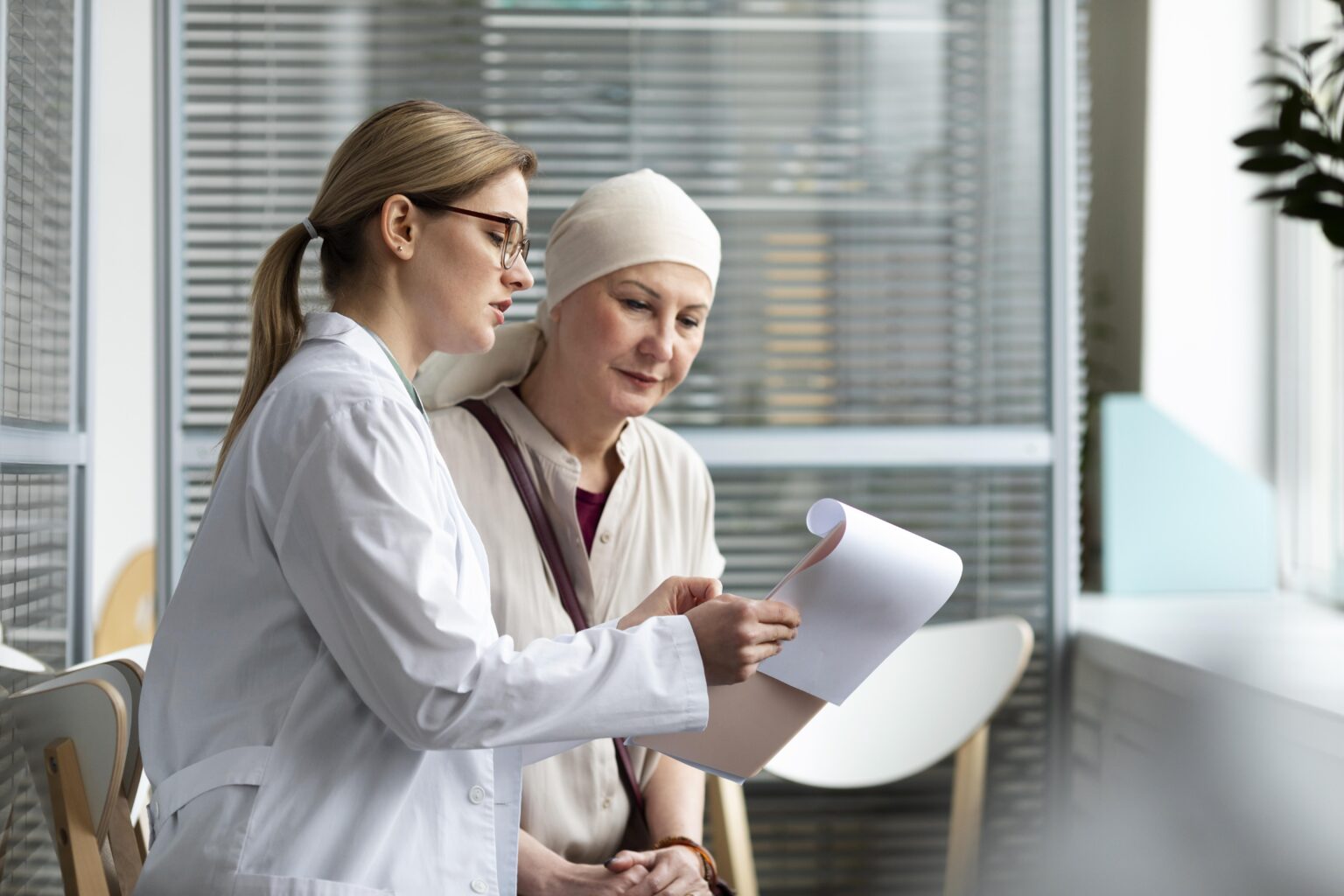
First Symptoms
The condition for success is oncological vigilance, which should apply to both doctors and society. As experts emphasize, it is crucial to strive to recognize malignant tumors in the early stages of clinical advancement. Remember that the chance of recovery for patients from this group is significantly greater than for patients with generalized, metastatic neoplastic processes. The initial stages of development of malignant tumors are often asymptomatic or poorly symptomatic.
Society and doctors should be subject to so-called oncological vigilance, expressed, among other things, by education, knowledge, and active search for potential symptoms and signs of cancer and, in the event of their detection, rapid commencement of diagnostics. It is worth remembering that knowledge of cancer symptoms alone is not enough. The occurrence of disturbing symptoms of cancer should be understood as a signal of the need to seek medical help.
What Symptoms Do Cancers Have?
There are no single common and typical symptoms of cancer. A cancerous tumor can cause non-specific and non-characteristic symptoms. The most worrying are any symptoms that last longer than two weeks, do not go away, or are recurrent. Any recurring and worrying symptoms such as bleeding, lumps, and infiltrations that we can notice ourselves and recurring, persistent pain are severe warning signs and require consultation with a doctor:
- Cough and hoarseness – a cough and hoarseness that last for weeks are reasons to see a specialist.
- Any recurring bleeding (outside of menstruation) should also cause concern – for example, blood from the nose may be the result of increased blood pressure but also a symptom of developing cancer.
- Haematuria (blood in the urine) – is most often caused by urinary tract infections. Still, if additional symptoms of infection do not accompany it or persist despite treatment, it is necessary to deepen the diagnostics. In addition to a general urine test, proper treatment includes ultrasound examinations.
- Spitting blood – symptoms from the lungs that indicate lung cancer are not very specific and appear most often in the advanced stages of the disease. Patients may report the appearance of a cough or a change in its nature, shortness of breath, hoarseness, swallowing difficulties, and chest pain. The occurrence of hemoptysis is a symptom that indicates a highly advanced disease and requires immediate diagnostics by a specialist.
- Severe headaches—Headaches are one of the most common complaints, but they are often ignored.
- Intracranial tumors (brain tumors) can also cause other general symptoms associated with increased intracranial pressure, such as nausea, vomiting, impaired memory and mental agility, and epileptic seizures.
- Moles on the skin – changes on the skin that grow, itch, and bleed should not be ignored.
- Changes on the lip or in the oral cavity – in people who smoke and abuse alcohol, it is worth paying attention to any changes in the lips and oral cavity, including the length of time they have been present. Cancer is suspected if changes persist for more than three weeks.
- Uncontrolled weight loss – a common symptom that patients often worry about and which causes them to seek medical attention, is unintentional weight loss, which can occur with any cancer and should always be an alarm signal. Cachexia is quite often combined with weakness resulting from anemia and occurs in lung cancer, gastrointestinal cancer, and kidney cancer.
- Disturbing symptoms from the digestive system – many people have been bothered by constipation, diarrhea, and indigestion for years. They can be a result and symptom of developing colon cancer.
What To Do?
It’s important to remember that symptoms suggestive of cancer don’t always require consultation and diagnosis by an oncologist. Initially, it’s the family doctor’s responsibility to conduct diagnostics. Primary care physicians play a crucial role in the battle against cancer, as their knowledge and dedication determine whether potential cancer symptoms are appropriately linked to the disease.
If you’re worried about potential cancer symptoms, you have the right to request specialist tests. A concerned patient who identifies potential cancer symptoms should demand a referral for the necessary specialist tests for diagnostics and oncological treatment.
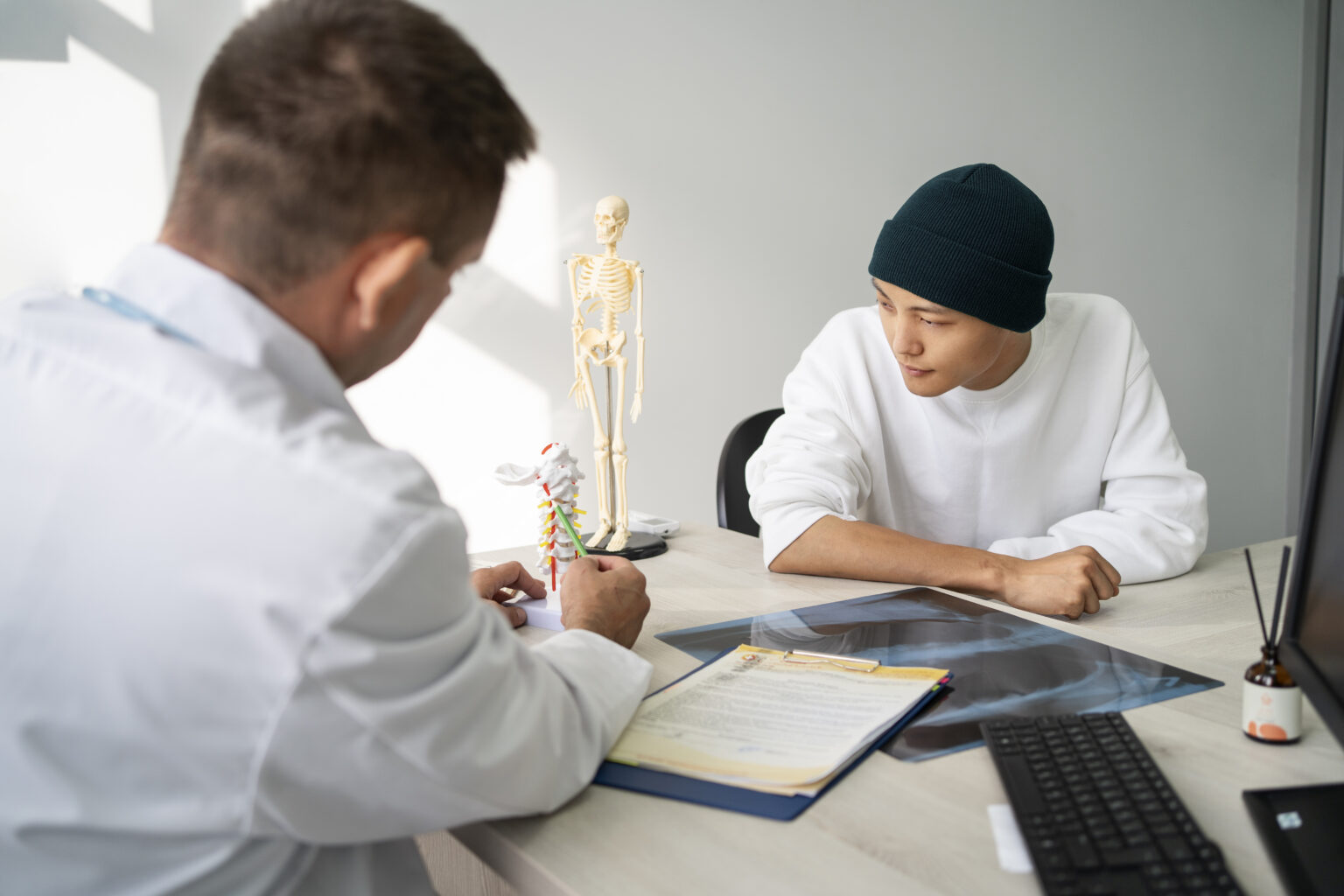
Recommended Tests
To detect cancer at an early stage, the following measures are helpful:
- Laboratory tests to identify any deviations that may suggest cancer
- Checking the level of tumor markers
- Conducting a family interview to determine if cancer runs in the family
- Utilizing imaging tests such as ultrasound, computed tomography, magnetic resonance imaging, X-ray, and positron emission tomography (PET) for oncological diagnostics
Well-Being
When an illness strikes, or there’s even a suspicion of one, everything else suddenly pales in comparison. Despite our best efforts, something has spiraled out of our control, and that “something” is cancer. For many patients, the moment of diagnosis or noticing a potentially dangerous change in themselves is the most emotionally challenging.
There’s no one-size-fits-all approach to dealing with this disease. That’s why it’s a significant personal challenge, teaching us to treat ourselves as individuals. Give yourself the time you need. Stay open to the future, and don’t let statistics dictate your expectations.
Stages Of Coping With Cancer
After receiving a diagnosis confirming cancer, the patient is subjected to a range of emotions. Knowing what defense mechanisms may trigger us in connection with them is worth knowing. This knowledge is particularly valuable for the patient’s loved ones, as it allows us to understand their behavior.
The First Phase
Upon hearing an unfavorable diagnosis, the patient tries to question it, seeks help from another doctor, or does additional tests. They deny the existence of the disease, which is a temporary reaction of the body to the need to cope with a difficult situation.
The Second Phase
During this period, sick people can usually be rude to their families or have complaints about the medical staff. There are reservations about care and demands to change doctors. Cynicism can also appear. The patient becomes conflictual and aggressive and often explodes with anger. These behaviors are usually laced with fear of the future and are not aimed at the people staying with the patient but are a manifestation of rebellion against the chronicity of the disease and its effects. During this period, understanding the family, avoiding conflicts, and empathy are significant.
The Third Phase
It is when the sick person becomes calmer and considers various aspects of their situation. They reflect on the disease and their surroundings. They negotiate with doctors and gods that they will act in a specific way to guarantee their recovery.
The Fourth Phase
During this period, the patient may lose relative balance. The patient withdraws into themselves, is very sad, and thinks about their pain, suffering, and the emotions of their family. They look for the causes of the situation and often treat the disease as a punishment for their mistakes. This is the time when a feeling of regret dominates the patient.
A depressive mood may appear already in the first stage of experiencing the disease. Patients often report that they then think about suicide, cry, and feel worthless.
The Fifth Phase
In this phase, the person comes to terms with their fate. This acceptance is not always strong and clear, but the patient is already tired of fighting. They rest a lot and need a lot of sleep. Often at this stage, a feeling of hopelessness prevails.
Organize Your Knowledge
First of all, you need to organize your knowledge because it is reliable knowledge that reduces the anxiety caused by growing doubts. It is important to remember that the way of thinking about the disease patient develops at this first stage depends on many factors, including contact with sick people and their personal experiences. In our case, the right attitude and getting rid of these generalized and completely inappropriate facts are the keys to reducing intrusive thoughts.
Many patients ask me where to look for this proven knowledge. First, the patient should talk to their doctor and psycho-oncologist.
The patient fears admitting that something is unclear to him for fear of judgment. Nothing could be further from the truth; ask and ask again. Look for answers to your doubts and fears. The best source of support will be a specialist doctor. In such a situation, psycho-oncologists or patient organizations can also be helpful and clarify any doubts by presenting medical facts in a way that is understandable even to laymen in this field.
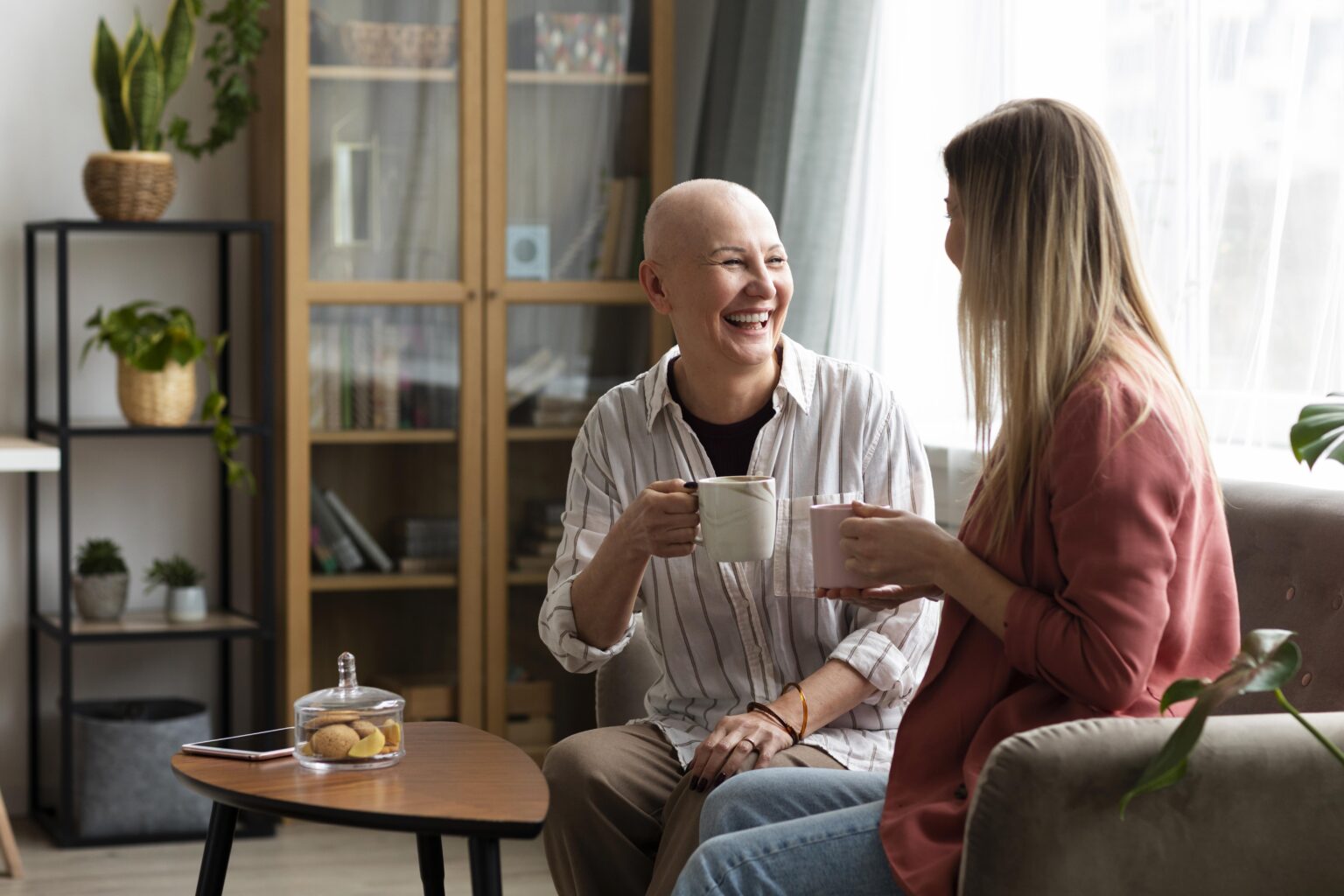
Internet
The first instinct of people with doubts is to look for answers online. The basis is to avoid non-specialist websites, i.e., those not associated with any medical institution. The lack of references to scientific research may be the first signal that the page we are on contains opinions, not facts.
Seek knowledge on the websites of medical facilities, patient organizations, foundations, and support groups. Internet forums that are not under the control of specialists can only make the emotional state worse than without acquiring any knowledge.
Don’t Be Alone
It is worth emphasizing that coping with the diagnostic process is not a task the patient should struggle with alone. Of course, if this is their preference, or they have found themselves in such life circumstances, it may not be easy to get support from loved ones. However, this does not exclude inter-patient support or consultations with a specialist.
Regardless of who will provide this support, it is simply not worth struggling with it alone. A person accompanying the patient is welcome during diagnostic tests and doctor’s visits. Sometimes, one look or a hold of the hand is enough for the patient to enter the office with a more confident step.
Regardless of the diagnosis, this is an emotionally exhausting event. There is also no pattern to the emotional reactions that a person with suspected cancer should experience. That is why you should allow yourself to feel all your emotions – shock, uncertainty, anger, sadness, fear.
Loved Ones
The only way to get used to the disease, or the very thought of the possibility of such a diagnosis, is to talk about it openly. Allowing loved ones to know about it turns out to be invaluable. It is a chance to deepen your relationships and let your loved ones in on what has been a personal matter so far. Sometimes, it is worth giving them a chance to feel and express how much they care about you. When patients tell their loved ones about what they are struggling with, they begin to feel lighter, as if each person they shared their struggles with also took a little of that burden away.
Gaining knowledge on your own or seeking the help of a specialist is the best way to rebuild your mental well-being and, regardless of the diagnosis, continue to be able to fulfill your life roles.
Sources
- What Is Cancer?. NIH.
https://www.cancer.gov/about-cancer/understanding/what-is-cancer - Symptoms of Cancer. NIH.
https://www.cancer.gov/about-cancer/diagnosis-staging/symptoms - Cancer Diagnosis. NIH.
https://www.ncbi.nlm.nih.gov/books/NBK9550/ - Emotions and Cancer. NIH.
https://www.cancer.gov/about-cancer/coping/feelings - “Nothing is wrong, doctor”: understanding and managing denial in patients with cancer. NIH.
https://pubmed.ncbi.nlm.nih.gov/16466995/ - Coping with Your Feelings during Advanced Cancer. NIH.
https://www.cancer.gov/about-cancer/advanced-cancer/feelings - Meaning in Life and the Acceptance of Cancer: A Systematic Review. NIH.
https://pmc.ncbi.nlm.nih.gov/articles/PMC9104184/ - Adjusting to Cancer. NIH.
https://www.cancer.gov/about-cancer/coping/adjusting-to-cancer - How to support someone with cancer. Cancer Research UK.
https://www.cancerresearchuk.org/about-cancer/coping/family-friends-caregivers/how-support-someone-with-cancer/
